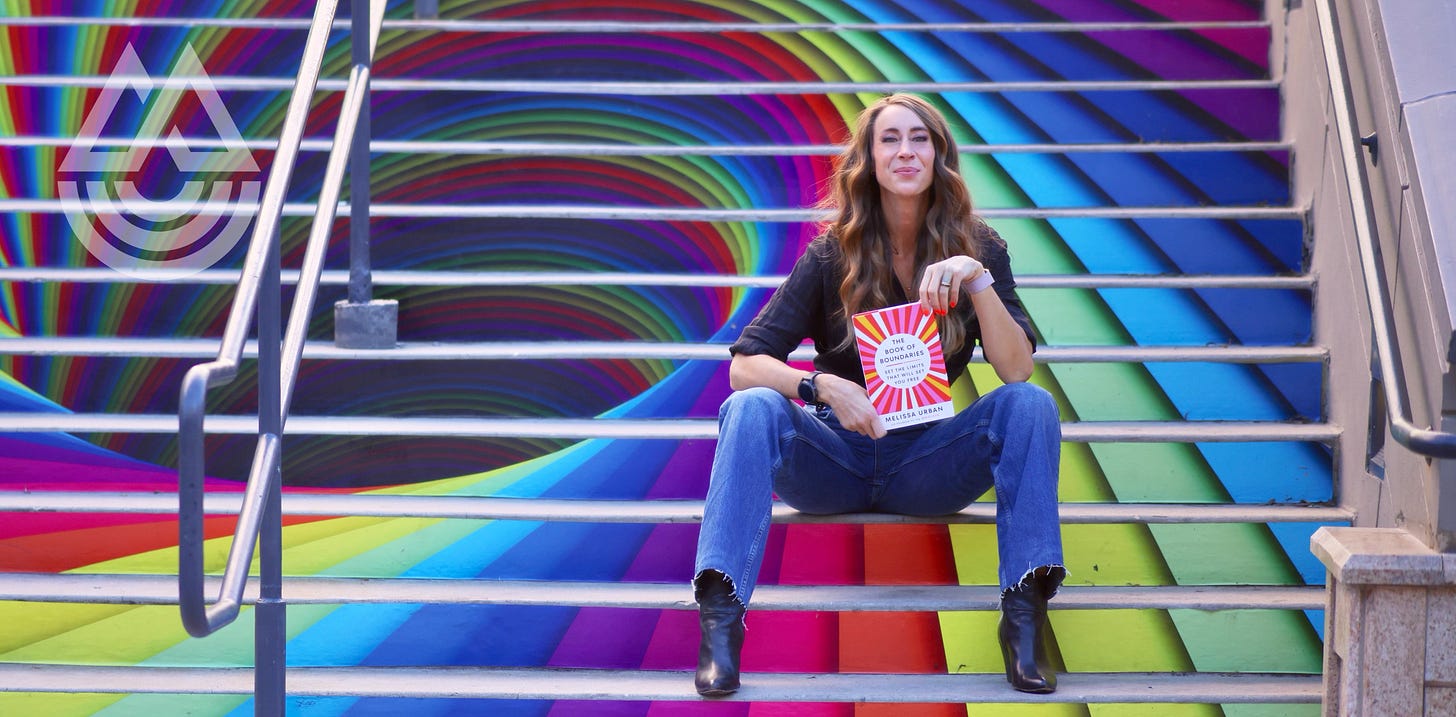WWMUD: How can I teach myself to be more empathetic?
Empathy is both a trait and a skill. Here are three practices that helped me turn empathy into a superpower.
Content warning: Drug addiction, sexual abuse
Dear MU, Can you speak more to how you taught yourself empathy? That is something I struggle with, and would love to hear how you started. —Far away
I was fresh out of rehab (for the second time), and had been showing up at the gym before work for a few weeks now. As I was resting between sets, I noticed a woman working out in front of me. She was fit, strong, and looked so glowingly healthy. I looked at her, looked back at myself in the mirror, and immediately starting berating myself for being so not that—not fit enough, not strong enough, not healthy enough—which quickly devolved into not enough of anything.
It didn’t matter that I had successfully avoided using drugs for several weeks IN A ROW—a huge feat. It didn’t matter that I was in the gym for the first time in my life and had been consistent with my commitment, not missing a single day. It didn’t matter that I was coming from near death and successfully starting to rebuild my life and my health. I had no compassion, no grace, and no empathy for myself—only derision, shame, and disgust.
Eventually, though, after many painful sessions unpacking my trauma and addiction in therapy, I began to feel a shift in my thoughts. With time, years of therapy, and a commitment to doing the hard self-work, I learned to be more graceful, compassionate, and empathetic. Today, I consider it one of my best qualities.
Empathy is in part a trait, associated with specific genetic markers. But it’s also a skill, which means anyone can learn to be more empathic. Here are three practices that really helped this skill take root for me.




